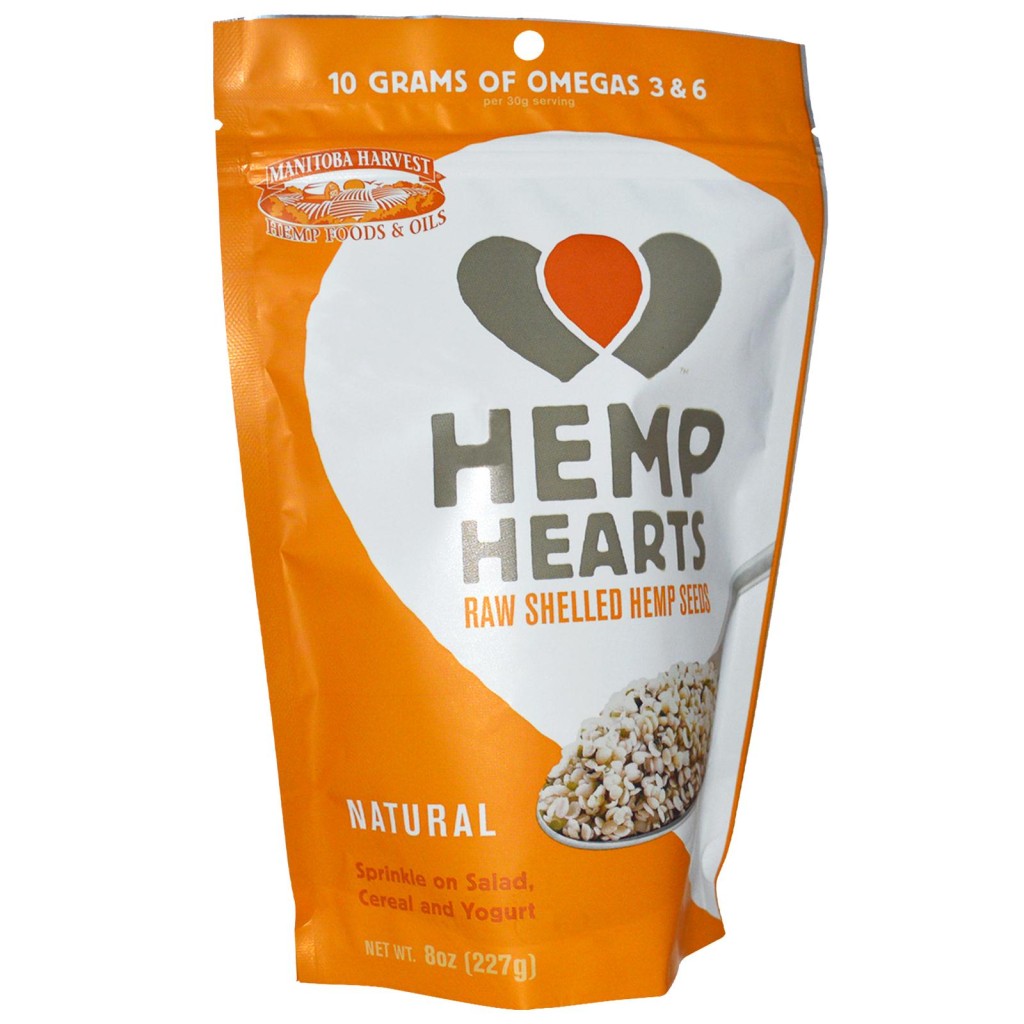A move toward healthy and delicious fat consumption
By Sophie Isbister, Life & Style Editor
So what’s the deal with fat? We’ve all heard that it’s bad for you, and low-fat or “light” options in the dairy aisles keep leaping out at us. But then, we also hear that carbs and sugar are bad. In order to clear up some of the confusion, I spoke with registered holistic nutritionist and holistic chef Erica Dion. She answered my questions about good fats, bad fats, and what they do for us.
Dion says the existence of fat in our diet is important for cell building: “Every cell is composed of a lipid layer that keeps all the cells functioning properly,” she says.
She adds that fats are crucial for storing fat-soluble vitamins such as A, D, E, and K. “Fat is a vital nutrient that provides the body with energy [because it is] calorically dense.”
Okay, so we need fat to survive, and for our brains to work well, but are we eating too much fat? Should we be making lighter choices at the grocery store?
Dion says the problem with low-fat options is that they need to replace the missing fat with something else—usually sugar. “Fat is full of flavour and adds mouth appeal to foods. When you take it out, food manufacturers have to put something in to improve the flavour and palatability of food,” Dion says.
“Look at fat-free yogurt. It will have more sugar added to make it taste better and will often have pectin or another additive to thicken the final product. Also, milk is already loaded with lactose, or milk sugar, naturally.”
Dion explains the chain of reactions that happens when your body eats sugar in place of fat: “The body digests sugar rapidly. Take away the naturally occurring fats, which take the body longer to digest, and the body will experience a spike in blood sugar. [Then] the body releases insulin to manage the sugar spike (some will go to the tissues, some to fat storage); and then the blood sugar can drop too quickly, since there are fewer calories available from the missing fats.”
Dion adds that, “Diets which are low in fats can contribute to poor mental function, lack of a fuel source, fat-soluble vitamin deficiencies, issues with sex hormone productions, and poor cell structure affecting overall function.”
That’s a lot of info to digest, so I asked Dion for some tips on the types of fat that we should be eating to support healthy cell development. Since not all fats are created equal, Dion recommends getting your fat from a naturally occurring source, and that variety is the key.
She says, “The human body needs an array of nutrients. If we consume all of our caloric needs predominately from one food or nutrient source, there will be issues in the tissues.”
So, your best source for fat probably isn’t that bag of chips or brick of light cheese, but don’t turn away from avocados, almonds, walnuts, chia seeds, hemp seeds, flax seeds, and cold-water fish such as salmon, sardines, cod, tuna, and mackerel. Also, look for grass-fed eggs and meat for good fats. These items are high in Omega 3 fats, which are fats that Dion says have a positive effect on the body, and that many people don’t get enough of.
“Omega 3s contain EPA and DHA which positively affect our brains, structurally improving cognition and mental health,” says Dion. However, she adds that these items can be the more expensive ones at the grocery store.
“My suggestions to people who are trying to incorporate these foods into their lives is to keep an eye open for sales. Buying bulk alone or pooling money together with friends can help cut costs,” says Dion. She adds, “Costco is a great place to buy almonds and walnuts and hemp seeds.”
Armed with knowledge about good fats, I’m ready to try some of Dion’s snack suggestions, which include an apple with almond butter. She also suggests canned sardines, which are a cost-effective option and taste great chopped with dill, green onion, lemon, and black pepper and served on a whole grain cracker or piece of toast.


